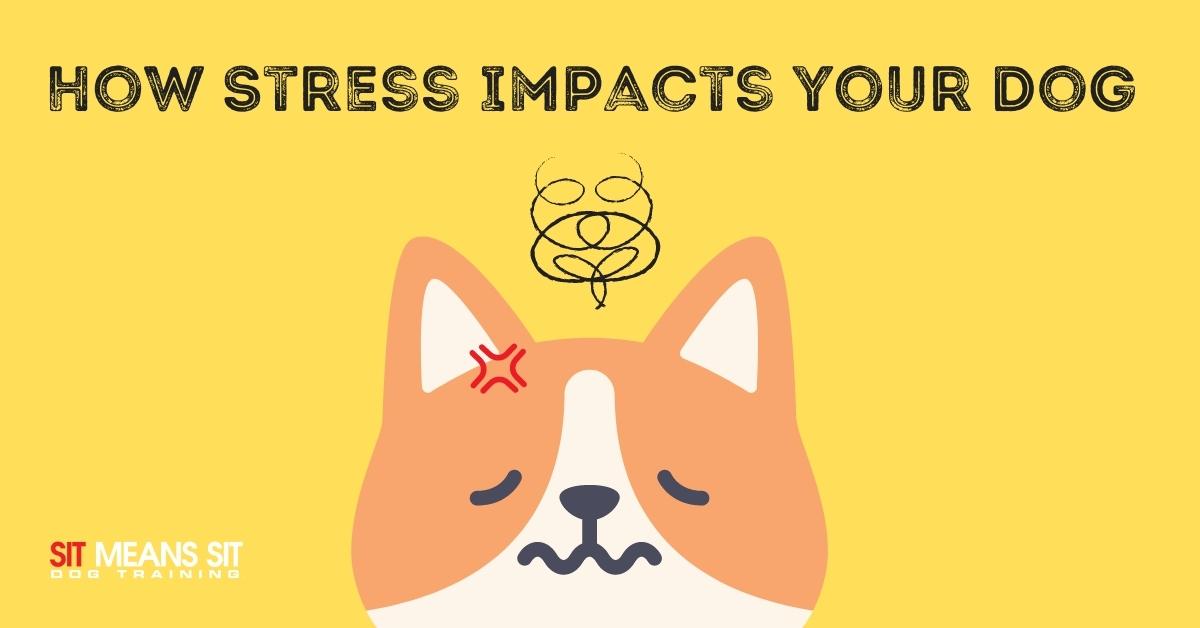
How Stress Impacts Your Dog
Your dog has a range of emotions, just like you. He can be happy, sad, excited, or just plain neutral. Each one of these emotions causes changes in your dog. If you noticed that your dog has been particularly stressed out lately, then it might be helpful to understand how stress actually affects them. First, know that stress causes the same chemical reactions as it does in humans. It produces an influx of adrenaline and cortisol levels, which triggers their fight-or-flight instinct. The difference is in how it physically affects your dog.
Behavioral Effects
A dogs’ reaction to its fight or flight instinct can show itself in different ways. If they’re more reactionary, then they might start exhibiting aggressive or restless behavior like excessive barking or pacing. If they lean more towards the flight direction, then they’ll start showing signs of anxiety. You might also notice that they are less interactive with things they previously enjoyed. Keep in mind that the impact of stress goes beyond behavioral issues, and can affect their actual health.
Health Effects
The digestive system and the immune system can both be drastically affected by the hormone rush of stress. Specifically, high adrenaline levels can restrict blood flow to the stomach and cause diarrhea and/or colon inflammation. Cortisol can cause vomiting and an appetite decrease. An overproduction of this chemical can also cause inflammation, as well as lower the body’s lymphocyte count. Both of these suppress the immune system, which makes any existing health issues worse.
Stress can come from anything, so there’s no real way to avoid it. As an owner, the best thing to do is understand what it looks like and how it affects your dog so that you can help them if it becomes a problem. If you notice that the stress is physically affecting your best friend, make sure to reach out to your vet. They should always be the first person you contact.
